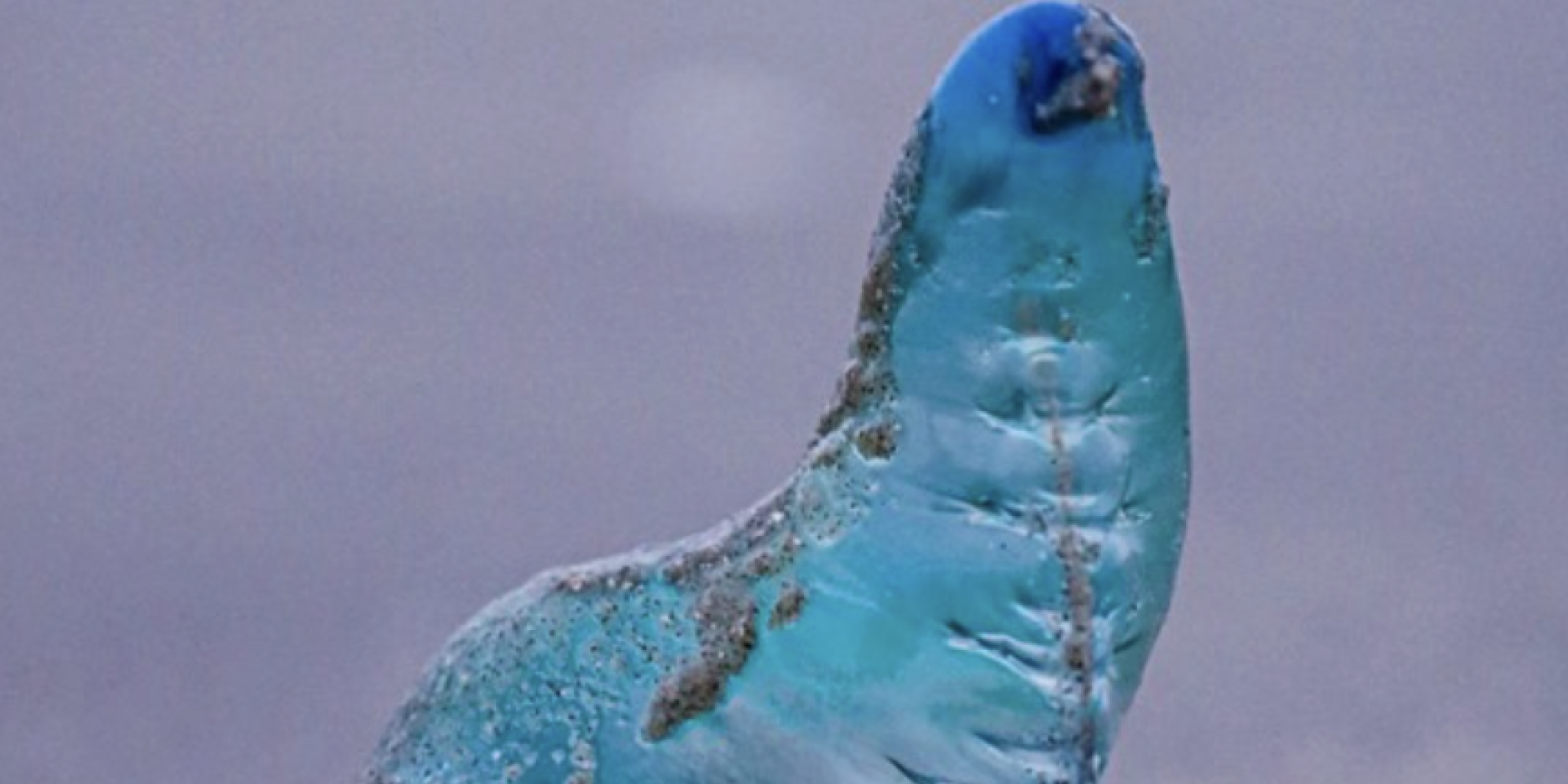Unseasonably warm Gulf waters have led to isolated sightings of Portuguese man-of-war on Galveston beaches, prompting officials to urge caution even as they stress that conditions do not indicate a widespread threat.

A few Portuguese man o’ wars have appeared on Galveston beaches this month. Still, officials assure that these sightings do not indicate an outbreak of the hazardous creatures, even with the warmer-than-normal November temperatures.
Reports from beachgoers indicate sightings of the fluorescent-blue, venomous creatures following the emergence of photos on Monday in the Galveston Talk Facebook group. A user commented, “There were so many of these on the beach this morning,” sharing a photo of a man o’ war.
On Monday, Galveston Island Beach Patrol Chief Lt. Austin Kirwin stated that reports indicate isolated occurrences rather than a widespread resurgence of the stinging invertebrates that caused significant issues this spring. He reported seeing one while swimming a few days ago, but stressed that many of the recent observations could be attributed to harmless imitations.
Kirwin advised beachgoers to be careful not to mistake man o’ wars for the small, transparent “baby jellies” that are also showing up along the shore. In contrast to the stingerless jellies, the vibrant blue man o’ wars frequently end up on the beach with their tentacles still capable of stinging. “When individuals encounter something translucent, they often jump to conclusions about its danger, but that’s not necessarily true,” he stated.
In October, eight beachgoers experienced stings, according to Kirwin, but there have been no reported stings in November thus far. The beach patrol does not monitor which species is responsible for specific stings.
Marine experts highlight that these creatures, named after a historic, heavily armed sailing ship, typically emerge during the hurricane season. Texas A&M University at Galveston has reported that powerful Gulf winds and currents often drive “large numbers” of man o’ wars to the shores from late summer into fall.
Even with few reported encounters, authorities emphasize that man o’ wars can inflict painful stings that necessitate immediate medical attention. Basic first aid involves flushing the affected area with saline solution and obtaining further medical attention if symptoms escalate. Kirwin cautioned against relying on popular misconceptions or household treatments, stating that urinating on a sting “will only make it worse.”
Beach patrol leaders are actively monitoring conditions and urging visitors to remain vigilant, avoid unfamiliar sea creatures, and seek assistance if stung.
.jpg)
Mardi Gras Galveston concluded Tuesday night with final parades along the Strand, warm weather and a strong local turnout. Thousands gathered to close out weeks of island celebrations.
.jpg)
The Texas Parks and Wildlife Department closed another oyster harvest area in Galveston Bay on Feb. 14 after surveys found too few legal-sized oysters, leaving only two of eight areas open as restoration efforts intensify.